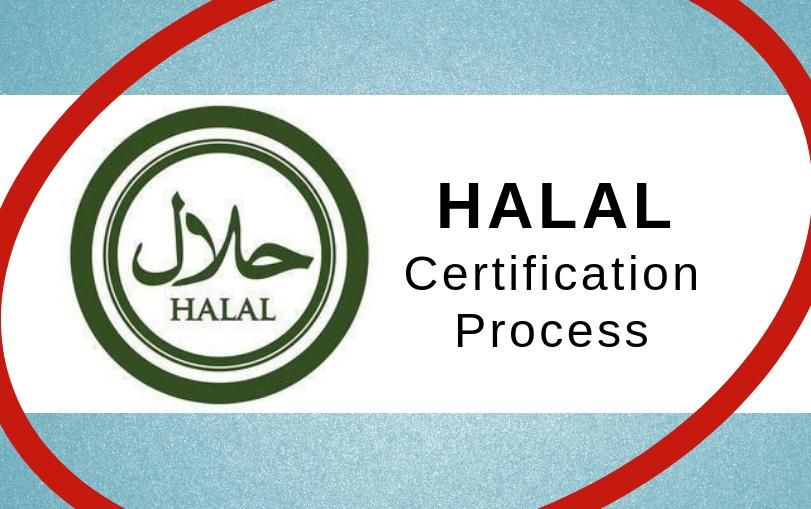Latest News
What is Halal Certification and Islamic laws related to it?

What is Halal Certification and Islamic laws related to it?
Halal certification is currently in news because of two recent incidents - a PIL was filed on 23rd April 2020 before the Supreme Court by an NGO named Vishwa Jain Sangathan to prohibit the slaughtering of animals by the process of Halal during this COVID-19 pandemic. The grounds of PIL was that since COVID-19 has been entered into humans from animal and is causing such destruction to human lives.
Just after this PIL, a piece of news came about Jharkhand Police, removing the banners of a fruit seller because word ‘HINDU’ was written on it and then people started questioned that What about Halal Certification then?
What is Halal and why people apply for its certification?
Halal is an Arabic word which means “permissible or lawful”. The word has been used in the Quran concerning Islam dietary laws. It is mainly used for the preparation of meat and the Islam laws related to, in the procedure of its making.
The word Halal is most of the times confused with another Arabic word Haram. But they are two very opposite meaning words. The word Haram means forbidden. There are many things in the dietary laws of Islam according to the verses of the Quran which are termed as Haram on its Consumption. Some of them are:
- “Alcohol
- Animal dying of itself
- Blood and its by-products
- Pork – the meat of Pig/swine
- Any meat not slaughtered according to Islamic tradition”
What are the food practices in Islam to consider Halal?
There are some guidelines which are specified in the Islamic Law to be considered it a Halal food. Also, the food must come from a supplier who uses these Halal practices. They are:
- “the slaughter can be performed by a Muslim only.
- Blood must be drained from the veins.
- The animal must be blessed while being slaughtered
- There must be no meat of the already dead animal.”
In many Islam-followed countries, the Halal certification is given by governments only. But in India, these certificates are given by private companies. There are about a dozen companies who certify this. Some of them are:
- Halal India Private Limited
- Halal Certification Services India Private Limited
- Jamiat Ulama-i-Hind Halal Trust
The process of Halal Certification
To get a Halal Certification, the companies first have to apply for it to above mention companies, then there would be an inspection by a team to inspect whether all the Halal rules are followed or not. If these companies want to export then they have to take a certificate from that also.
This Halal Certification is not only taken by food companies but also by other cosmetic companies, pharmaceutical companies, hospitals, restaurants, airports, etc. because these products contain animal fat such as pig fat is present in lipsticks and lip balms. There are specified cosmetics companies which only deals with Halal products like Amara. Not only this, but there are also many non-meat based companies which have taken Halal Certification because they have to export it in Islam countries where food needs to be Halal Certified.
If we see the economic status of Halal food market, it comprises of 19% global food market and its estimates worth is $2.5 trillion. Halal certification has now become a lifestyle choice. Many people in Islamic nations do not purchase those products which are not Halal Certified. There are certain nations which provide Halal Tourism which includes hotels where alcohol is prohibited.
But there are also certain issues with the rise in Halal Certification, they are:
- Taking the Halal certification increases the product cost. The companies add the cost of Halal certification and the product becomes expensive.
- It does not create employment opportunities for Non-Muslims. As a Muslim can only slaughter the animals.
- It is a discriminatory process towards the non-Muslims especially in the industry of meat.
- There is no standard Halal Certification process. For example – if an Indian company also wants to export its products to any other country then, it has to apply for another Halal Certification of that country. This makes it very difficult for companies to export.
On conclusion, the process of Halal Certification is according to Islamic law and it has been a tradition which is being followed from a long time. We cannot compare the traditions of religion with any other religion.



































































































